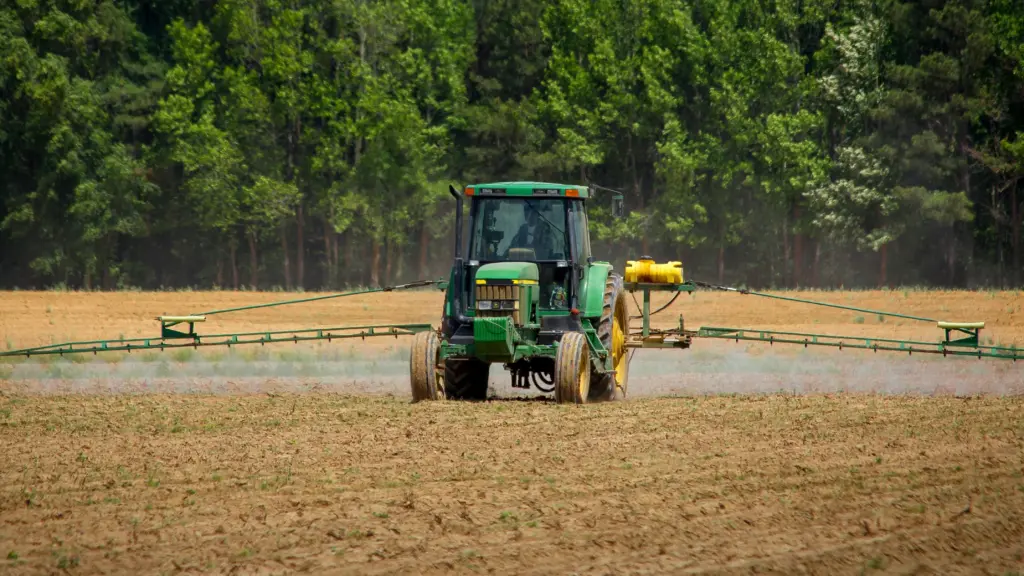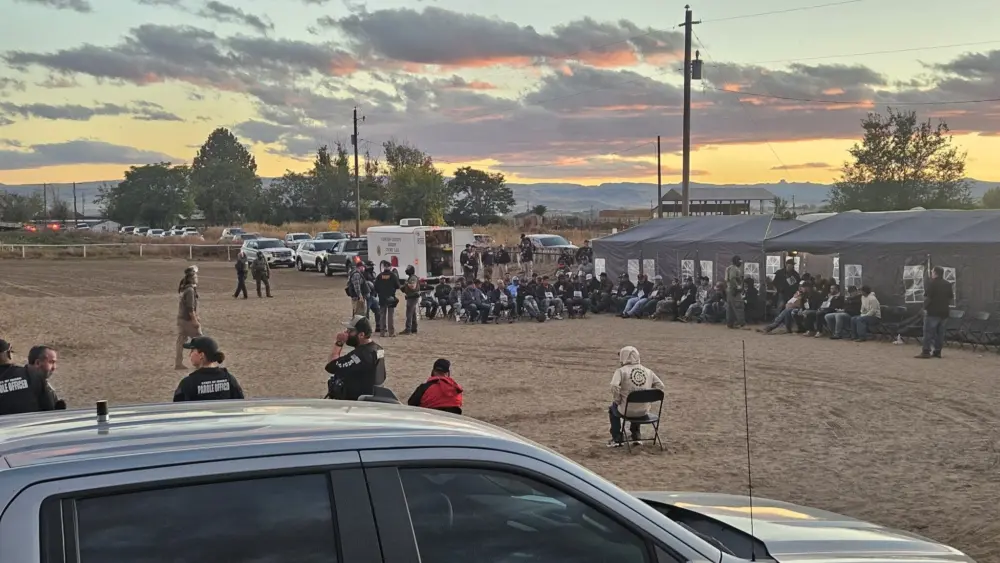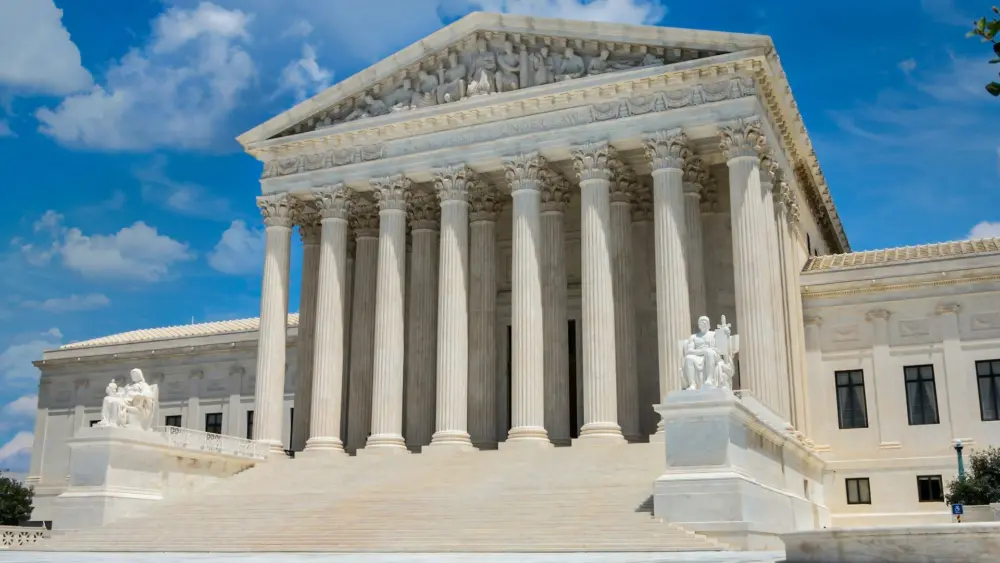OLYMPIA, WA – Washington quietly ended funding this summer for a program that provided millions of dollars in rebates to farmers who paid unfair fuel surcharges under Washington’s landmark climate law.
Lawmakers are hoping instead that legislation enacted in May will make it easier for farm fuel users and haulers of agricultural goods to receive the fuel exemption promised under the state’s cap-and-trade system.
This year’s law directed the Department of Ecology to create an online map of retailers who sell exempt agricultural fuel at a price that excludes any surcharges associated with the Climate Commitment Act.
Rep. Tom Dent, R-Moses Lake, said this will simplify the process for farmers and haulers. Rather than pay a surcharge and submit paperwork to the government for a rebate, they can avoid extra costs up front, at the pump, he said.
“This should be an easier way for farmers to not pay a surcharge,” Dent said.
Complicated carveout
Central to the Climate Commitment Act are auctions for pollution allowances that refineries and other companies need to buy to offset their carbon emissions.
Under the law, the agricultural, maritime and aviation sectors are supposed to be exempt from the law’s cap on emissions and any fees fuel companies might pass to customers to cover the cost of buying the allowances. Fuel used for trucking crops and other agricultural goods on public highways is exempt as well.
Soon after the cap-and-trade program began in 2023, complaints about these exemptions started streaming in.
There were difficulties tracking whether diesel fuel was being used for exempt purposes. A process where exempt fuel buyers had to present certificates to fuel sellers was cumbersome and faulty. One challenge for farmers was knowing where fuel exemption certificates would be accepted.
Bottom line, farmers and truckers said fuel distributors were, in many cases, passing on the cost of allowances to the tune of as much as 70 cents a gallon.
Ecology put together a workgroup that met several times in 2023 to try — unsuccessfully, said farmers and truckers — to iron out the wrinkles.
Even before the panel completed its work, the Washington Trucking Associations and the Washington Farm Bureau were asking a judge to scrap Ecology regulations guiding the exemptions and to open a new rulemaking process.
That fight reached the state Supreme Court this week.
Funding left out of budget
In 2024, the Legislature set aside $30 million for rebates to farm fuel users and transporters of agricultural goods who could show they paid a surcharge tied to the climate law for which they should have been exempt. The Department of Licensing ran the Agriculture Support Program with funding from Climate Commitment Act proceeds.
It launched in August 2024 and ended June 30 this year.
Farmers and transporters could seek rebates for fuel purchased between Jan. 1, 2023, and Dec. 31, 2024. A total of 2,744 applications came in, with $7,887,820 in rebates awarded, according to the Department of Licensing. There were rebate recipients in each of the state’s 39 counties.
Overall, the department spent $9.4 million on the rebate program, with the remaining $20.6 million returned to the climate fund.
Dent said he wanted the rebate program to continue, “but budget writers being budget writers decided not to do so.”
House Bill 1912, which Dent authored this year, says it is the intent of the Legislature to extend the rebate program through the 2025-27 biennium. That is not what occurred, even though the bill passed by margins of 94-2 in the House and 49-0 in the Senate.
The House penciled in $3 million to keep the program going in its budget, but the Senate put no funds in its version. That is what the Legislature passed and Gov. Bob Ferguson signed.
As a result, applications for rebates closed June 2. All those received were processed, with money sent by June 30.
In the meantime, the Department of Ecology developed the new online directory of retailers who have told the department that they sell exempt agricultural fuel at a price that is different from fuel that is not exempt under the climate law.
This directory lists the name, address, county, and, if applicable, city of each exempt retail fuel seller. If additional retailers self-report, the site will be updated.
Dent said this won’t be the last word on how the climate law affects the bottom line of ag businesses.
“The work is not over with,” he said.
This story first appeared on Washington State Standard.





